It is not uncommon for parents to lend schools 1-10 billion VND. Experts say this is very risky because the transaction is based on trust, not collateral.
When registering his two children to study at an international bilingual school in 2013, Mr. Minh Tung, District 7, simultaneously participated in two "Educational Agreement Contracts" with the school. Each contract corresponds to one place for his children, worth 1.55 billion VND, transferred in one time.
In return, according to Mr. Tung, after studying for at least 4 years, if the child transfers schools or graduates, the parents will receive back the principal amount paid, as if no tuition was paid. In 2019, when his eldest son graduated, Mr. Tung completed the contract liquidation procedures and received the principal amount back after 5 months.
Ms. Thanh Phung, who is currently living in Canada, also signed a "Capital Contribution Contract" in 2010 when her three children were studying at an international school in Binh Thanh, with a total amount of 150,000 USD (about 3.6 billion VND). This process went smoothly, and the school paid the full amount when her children transferred schools. Therefore, in 2013-2015, Ms. Phung continued to participate in the "Loan Contract" at the American International School Vietnam.
Ms. Phung transferred 420,000 USD (more than 10 billion VND) without interest and without collateral to the school so that her four children could study for free. The 2-page contract stipulates that the school will refund this amount 30 days after the students complete the transfer or graduation procedures.
Ms. Phung's four children transferred schools in June 2022, but so far she has only received about 10% of the principal. About 20 other parents also came to the school gate to demand debt on September 21.
In Hanoi , at least 2 schools are currently mobilizing in a similar manner, with contributions ranging from 1-8 billion VND. However, the number of participating parents is limited.
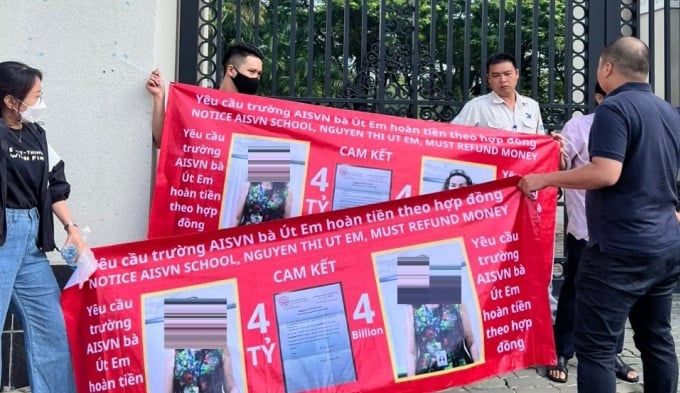
Parents of the American International School Vietnam came to the school gate to collect debt on September 21. Photo: Provided by parents
Mr. Tung and Ms. Phung said they did not know the school's financial situation, and the contract did not say what the school borrowed the money for. They both said they lent money because they saw it as profitable and believed in the reputation of the school or the school owner.
Mr. Tung analyzed that if the amount of more than 3 billion was deposited in the bank, the annual interest would not be enough to pay for his child's tuition. Moreover, when entering into an agreement with the school, he did not need to worry about how the tuition would fluctuate because it was exempted. After finishing school, the family would have some money to take care of their child's university or study abroad.
"Many friends who are businessmen and lawyers also contributed capital like this, and I have never seen any school that cannot pay, so I also registered my child," said Ms. Phung.
According to lawyers and managers, this form of lending is quite popular and not prohibited by law, but parents take great risks.
The principal of an international bilingual school in Ho Chi Minh City said that although the names may be different such as loan contracts, capital contributions, education agreements or financial packages, these are all ways for schools to borrow money without interest from parents. This form has appeared in some international and private schools in Ho Chi Minh City and Hanoi for about 15 years. Some schools even allow parents to buy, sell or transfer contracts.
"Parents may see great benefits so they lend money to schools and contribute capital, but the benefits do not outweigh the harm, without thinking about the risk of the school facing difficulties or bankruptcy, and how the school owner can recover the money if he absconds," he said, adding that he does not support this form because education is different from the business environment. Schools that have to raise capital and are in debt to parents are no longer fulfilling their educational mission.
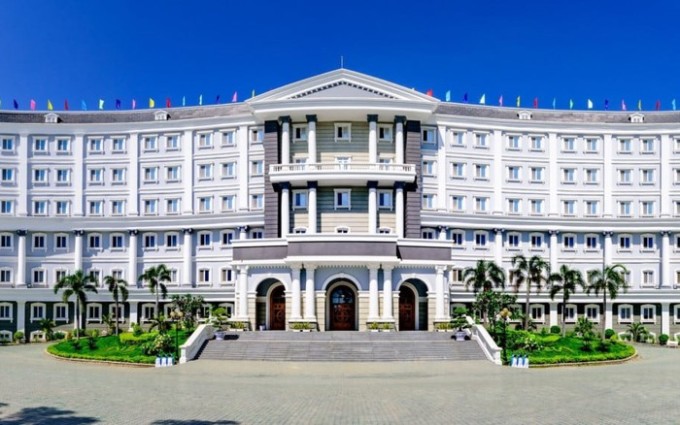
American International School Vietnam campus in Nha Be district. Photo: AISVN
Attorney Dang Ba Ky, TNJ Law Firm - Ho Chi Minh City Bar Association, said that current laws do not have any regulations prohibiting or restricting schools from borrowing money from parents.
He acknowledged that with this form of lending, both the school and the parents benefit. Parents lend money without interest, in return for not having to pay tuition for their children. In fact, there is a compensation of obligations here according to the provisions of civil law, the obligation to pay interest is offset against the obligation to pay tuition.
The school also has the advantage of being able to raise capital more easily than borrowing from credit institutions. To borrow money from credit institutions, schools must have collateral and are limited in the amount they can borrow. When borrowing money from parents, schools are not subject to any binding conditions.
However, according to Mr. Ky, borrowing money without collateral and without being bound by loan conditions can cause schools to abuse this form of borrowing for other purposes, leading to the risk of bankruptcy. If so, the ability of parents to collect debts on time is very difficult, even impossible.
Anh Quoc, a parent with two children studying at a bilingual school in Binh Chanh, estimated that there are currently about 7 or 8 schools in Ho Chi Minh City that he knows of that use this form of capital mobilization. He himself was invited to contribute in 2009 with a contribution of 50,000 USD, and in the following years it increased to about 80,000 USD. However, he refused.
"Doing so is no different than holding a knife by the blade because we don't know what the school invests in, and if they go bankrupt, how can we claim," Mr. Quoc analyzed. According to him, if issuing bonds or stocks, businesses must follow the regulations of the Ministry of Finance . If schools mobilize capital in this way, there is no guarantee for the transaction.
Meanwhile, if a family chooses to study only the foreign program, their child will almost never have the opportunity to return to public school, because the curriculum is different. Thus, if the school goes bankrupt and parents have to transfer to another international school, there will be a double burden of tuition fees.
Mr. Ho Tan Minh, Chief of Office of the Ho Chi Minh City Department of Education and Training, said that loan contracts and financial packages with the nature of capital mobilization are private civil transactions between parents and school owners. The education sector currently has no regulations on borrowing money or assets between schools and parents. This is also not within the scope of management of the education sector. Therefore, the Department cannot inspect and manage these transactions.
"Parents need to consider and carefully review legal issues and risks when engaging in transactions with the school or management company," Mr. Minh noted.
According to lawyer Dang Ba Ky, based on current reality, competent authorities need to soon research and issue a mechanism to control capital mobilization of educational institutions.
Le Nguyen
*Parents' names have been changed
Source link




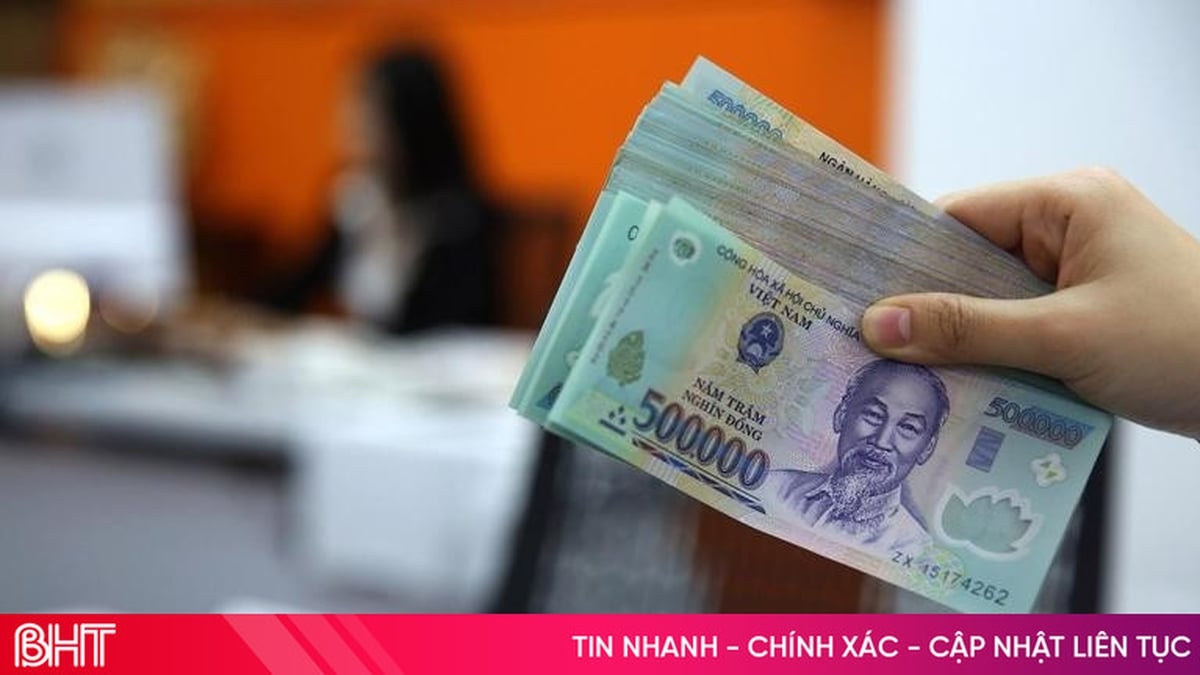



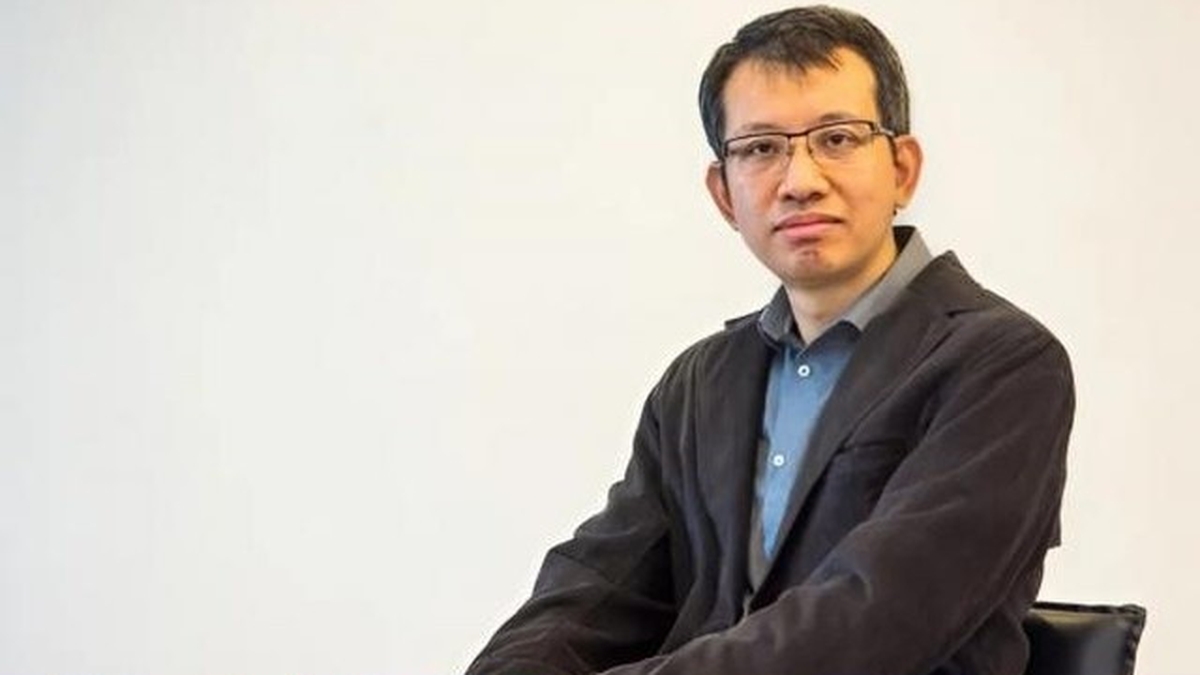

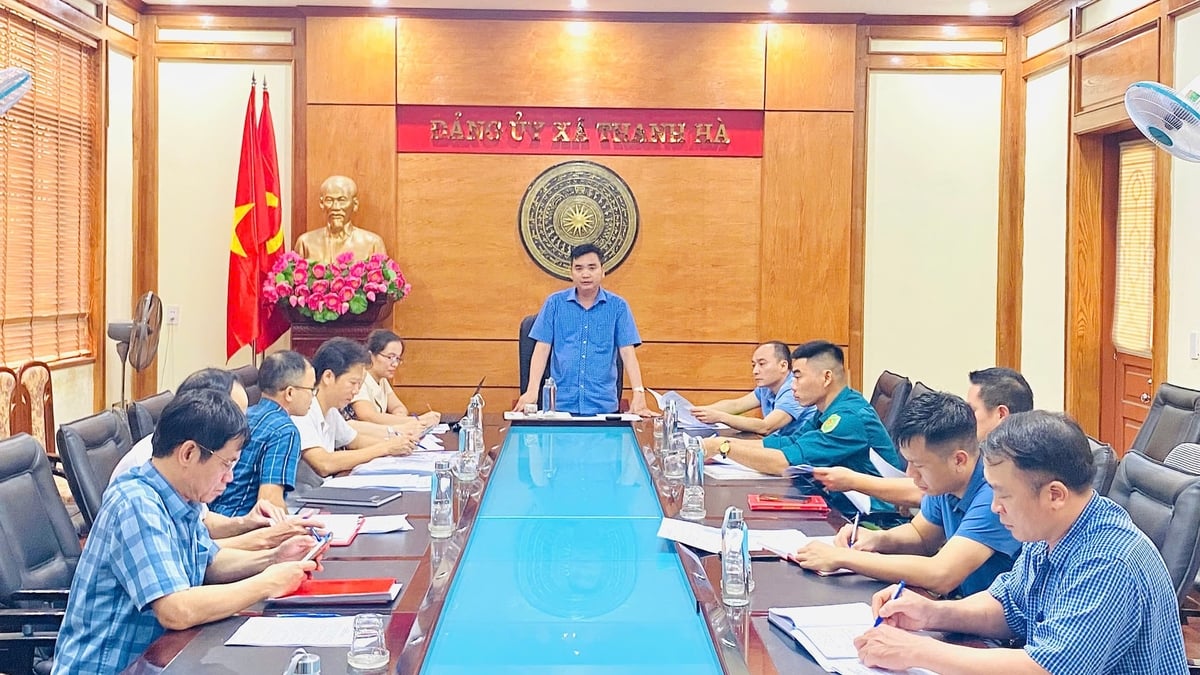
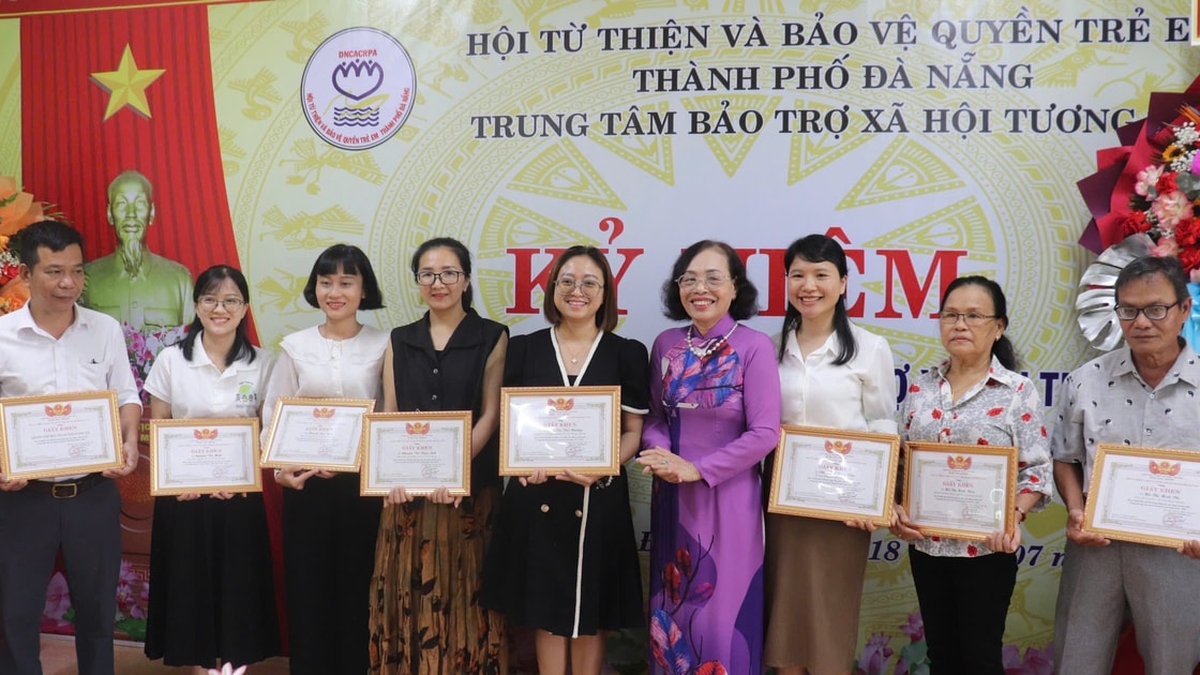












![[Photo] National Assembly Chairman Tran Thanh Man visits Vietnamese Heroic Mother Ta Thi Tran](https://vphoto.vietnam.vn/thumb/1200x675/vietnam/resource/IMAGE/2025/7/20/765c0bd057dd44ad83ab89fe0255b783)




































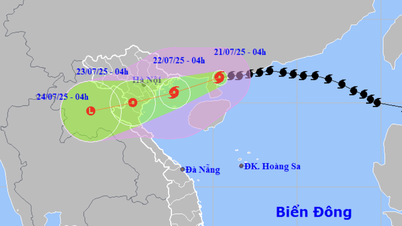




































Comment (0)